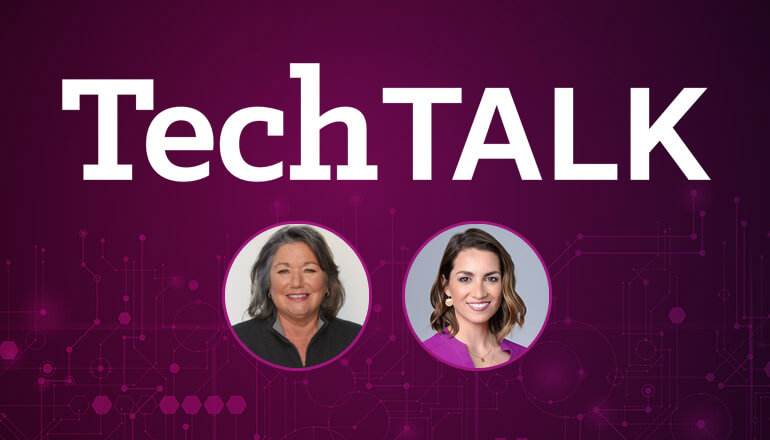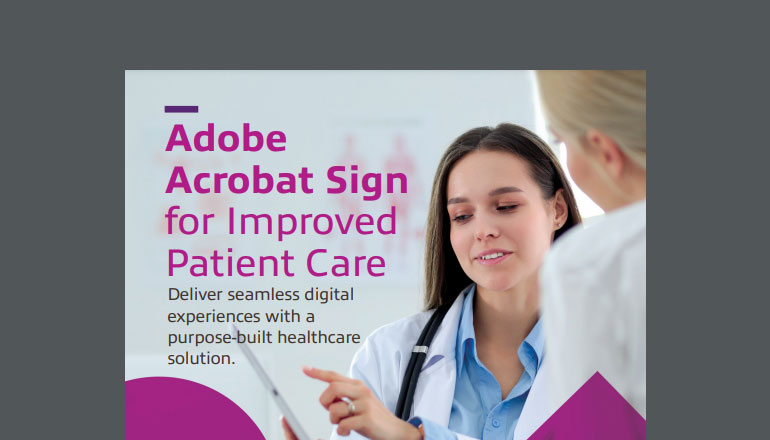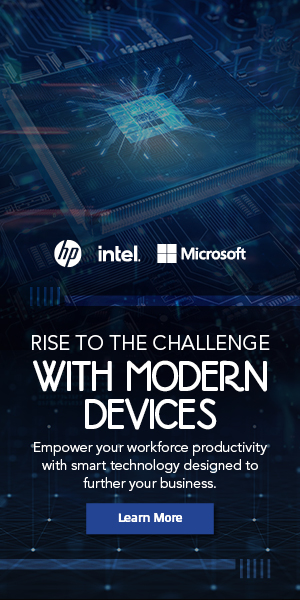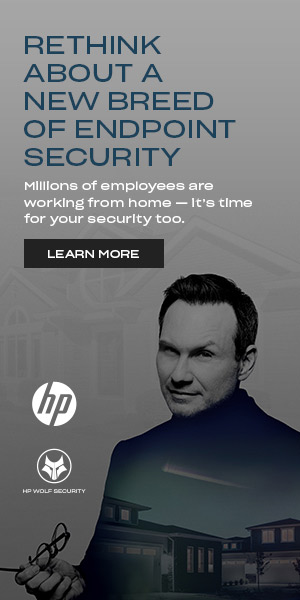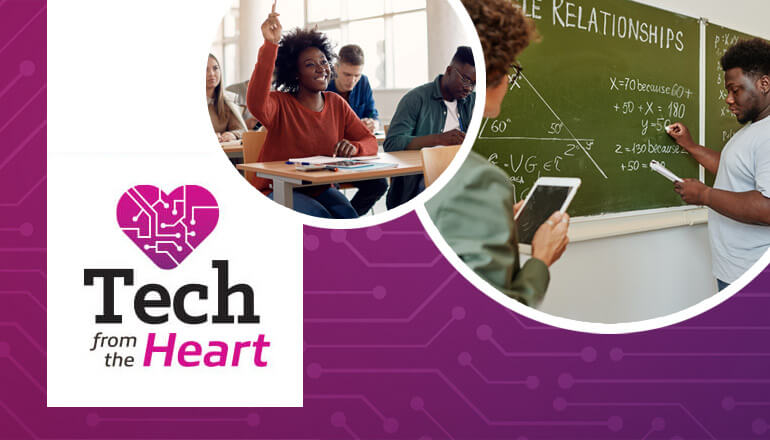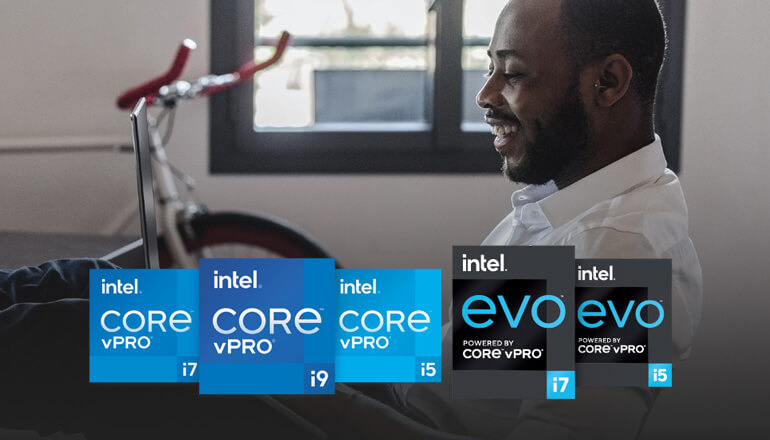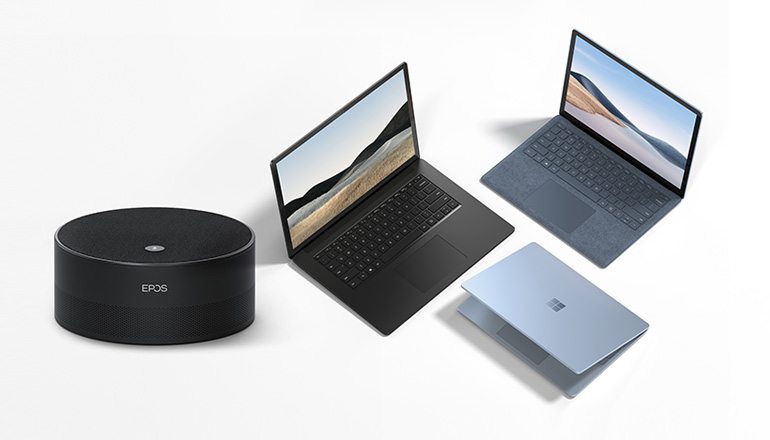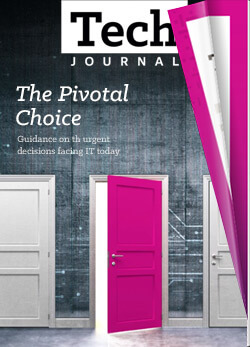Tech Journal Lane Regional Medical Center Uses $50K Prize to Address Security Concerns
By Insight Editor / 14 Sep 2021 / Topics: Featured
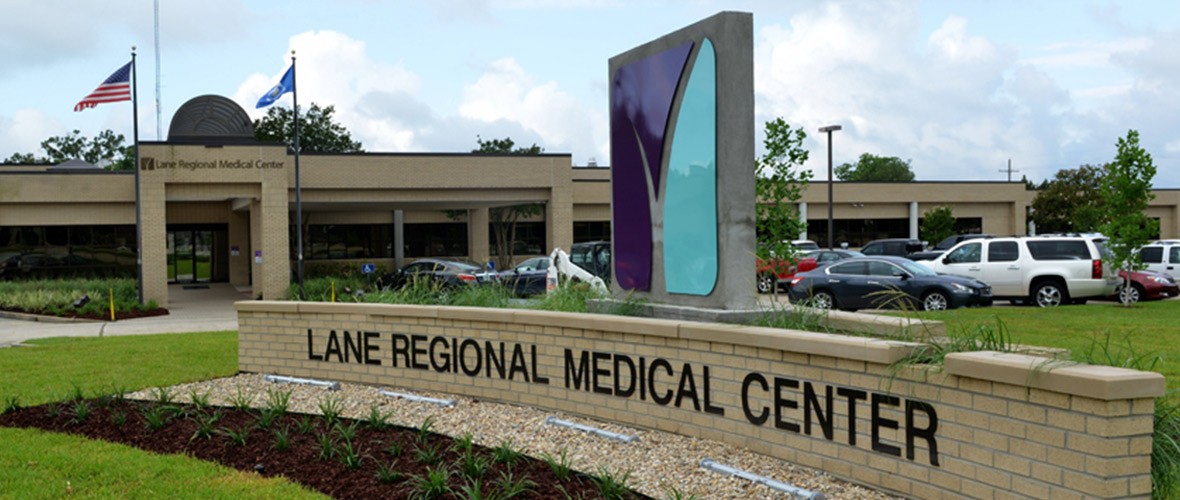
To overcome the sprawling effects of aging technology, Insight and Intel awarded Lane Regional Medical Center $50,000 through the Connected Workplace Makeover Contest.
Technology is the lifeblood of modern business operations, enabling staff to support the business quickly and efficiently. Outdated IT resources not only cause inefficiency, but are also a major source of security vulnerabilities that can take control away from an organization and place in the hands of fickle machines and cybercriminals.
Lane Regional Medical Center (LRMC), one of the three Insight and Intel Connected Workplace Makeover Contest winners, understood the realities of outdated equipment all too well.
As a primary care provider for more than 200,000 residents north of Baton Rouge, Louisiana, LRMC needs to have up-to-date equipment that enables patient care and keeps sensitive data secure.
LRMC closely follows an IT update roadmap to support its community. The healthcare provider recently finished adopting a new electronic medical record system, which required coordination from all facets of the business.
Before moving on to the next major transformation, LRMC needed to replace aging devices that still ran Windows 7. Not running the latest operating system posed serious security risks.
A chance to transform the business
Insight and Intel announced the Connected Workplace Makeover Contest to support businesses mired by old tech. Three winners were selected to share a $150,000 prize that would address aging technology challenges with new 11th Gen Intel Core processor devices, including best-in-class Intel vPro Platform PCs built for business.
Devices equipped with 11th Gen Intel vPro processors are perfect for replacing aging technology as they offer enhanced security features, remote work capabilities, easy-to-use management tools and more.
The contest included three categories that organizations could enter, with each category highlighting the largest effects of old tech: productivity, security and total cost of ownership.
Healthcare systems are frequent cybercriminal targets. One mistake or unaddressed security vulnerability could spell disaster. Maintaining operational security requires a commitment from everyone, including clinicians, to remain vigilant.
But relying on aging hardware makes it a challenge to uphold that commitment to security, while also causing productivity inefficiencies when staff could better spend that time helping patients.
“These upgrades are not only going to be a big boost for us from a security and support aspect, but also financially.” — Todd Walters, IT Director for LRMC
Additionally, the lack of standardization across the LRMC device ecosystem meant some devices didn’t support modern software functionality, which forced staff to rely on less efficient and secure versions of software. The aging devices had to go.
Unfortunately, the 2020 COVID-19 pandemic side-tracked LRMC’s device replacement efforts. The mandated suspension of in-person clinic visits and non-urgent surgical procedures reduced revenue. Meanwhile, an influx of COVID-19 patients increased expenses — straining available resources.
As a smaller, 131-bed healthcare system during the COVID-19 pandemic, LRMC delayed projects like the Windows 7 device replacement. The combination of other priorities and minimal resources made this a challenge that needed a creative solution.
Finding relief
Todd Walters, LRMC’s IT director, found a creative solution to addressing his organization’s challenges: the Insight and Intel Connected Workplace Makeover Contest. He applied for the contest, because across his 25-year career as a healthcare IT professional, Walters has seen firsthand how modern technology plays a role in driving healthy patient outcomes.
His wife is a nurse and comes from a family of healthcare providers, adding a personal touch to his devotion to his role as the LRMC IT director. Finding a means to replace the aging equipment fast so that LRMC is both more secure and ready to pursue new projects became a personal mission of his.
“My driving factor has always been to make life easier for the people who are taking care of patients,” Walters says. He explains that being an IT director for a healthcare organization is all about “constantly trying to put better tools, whether that’s hardware or software, in the hands of patient caregivers.”
“Whether it’s a registration clerk, a nurse, a physician or someone in the billing office, the better equipment and tools you can give them, the better patient care you can deliver.” — Todd Walters, IT Director for LRMC
Yet, COVID-19 placed Walters in a difficult position as the revenue constraints made it challenging to support today and tomorrow’s needs.
Relief came in the form of the Insight and Intel Connected Workplace Makeover Contest. Although winning the $50,000 prize seemed like a long-shot, Walters knew he needed to take the opportunity to apply.
That opportunity paid off. LRMC won the contest’s security category — eliminating a major source of strain on the organization’s IT plans.
“These upgrades are not only going to be a big boost for us from a security and support aspect, but also financially,” Walters says. “Now, every machine at LRMC will be able to support the latest software updates while improving its security posture.”
Paving the way for new opportunities
Insight and Intel quickly got together with LRMC to discuss how to use the $50,000 prize. Our specialists held several collaboration sessions to identify best-fit solutions.
The organization settled on purchasing two device types to support clinical and administrative staff:
- Dell OptiPlex 5090 Desktop with an 11th Gen Intel Core i5-11500 processor
- Dell Latitude 5520 Laptop with an Intel Iris Xe graphics processor
The new devices will not only replace old technology, but also support LRMC’s pediatric services expansion. Now, everyone at LRMC will be using the same version of Windows — making it easier to prevent security breaches in the process.
“We have a great IT team, but they can only do so much with older hardware,” Walters explains. “These upgrades will prove helpful in moving LRMC forward. We can redirect the budget devoted to replacing old tech into other IT projects that will provide a bigger benefit to the hospital staff.”
The Dell Technologies solutions LRMC chose to procure through the contest are all Intel Evo vPro devices that come equipped with the latest Intel technology. They provide increased performance, security and manageability through many advanced capabilities, including:
- Modern security features provide comprehensive protection for surpassing the current protection provided by aging devices. Each Intel, Evo vPro-equipped machine LRMC is purchasing will include Intel Hardware Shield, which helps protect against an entire class of attacks while also providing improved threat detection.
- Optimized manageability supports remote workers. Some LRMC staff work from home and the addition of these new devices will give the IT department increased control through Intel Active Management Technology. Now, IT will have remote remediation capabilities for each device — even when the operating system is down. This level of anytime, anywhere manageability will ensure reliable uptime for all end users.
- Modern collaboration and productivity support through Intel Iris Xe graphics deliver immersive capabilities. Thunderbolt 4 can connect PCs to multiple monitors, accessories and storage components, and Wi-Fi 6 (Gig+) connectivity delivers Wi-Fi speeds that are faster even on congested networks that support numerous devices. These capabilities will help LRMC staff stay connected and productive anytime, anywhere.
- Additional benefits include improved responsiveness, long battery life, instant wake and ready-when-you-are connectivity.
“There are many intangible benefits that we’ll see from these new devices,” Walters says. “We’re now moving toward a more secure environment in the short term, but long term we’re going to increase the functionality of our critical systems and make things easier for care givers.”
And that’s what really matters to Walters — improving the end-user experience for clinicians and staff with advanced technology solutions.
“Whether it’s a registration clerk, a nurse, a physician or someone in the billing office, the better equipment and tools you can give them, the better patient care you can deliver, the better patient experience and the better employee experience there is,” he says.
Struggling with aging technology? Our experts will help your organization identify best-fit solutions for modernizing the business.
About the contributor:
Related articles
Narrow your topic:
Tech Journal Small to medium business Intel View all focus areas






